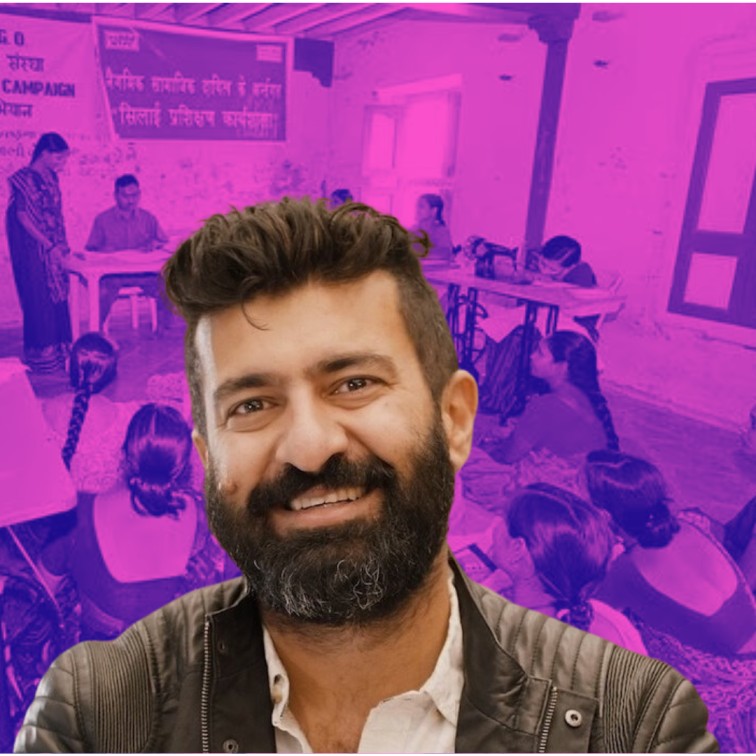Two people have reportedly died of influenza caused by the H3N2 virus. The first case is believed to be Hire Gowda, an 82-year-old man from Karnataka’s Hassan who was admitted to the hospital on February 24 and died on March 1. He was also reportedly a diabetic and suffered from hypertension. The second case reported in the country was a 56-year-old Haryana man suffering from lung cancer who tested positive for H3N2 in January.
Apart from the two lives lost, around 90 cases of those infected with the H3N2 virus have been reported in the country. There have been eight cases of the H1N1 virus also detected. According to the Union Health Ministry, the cases are expected to decline by the end of March. Until then, the Health Department will closely track and monitor the infection cases. With the flu season raising concerns among people, it is necessary to stay informed about the symptoms and necessary preventive measures.
What Is H3N2 Virus?
The World Health Organisation (WHO) categorises H3N2 as a variant of the common flu, and currently, the subtypes H1N1 and H3N2 influenza viruses are circulating worldwide. The Health Ministry noted “Seasonal influenza is an acute respiratory infection caused by influenza viruses which circulate in all parts of the world, and the cases are seen to increase during certain months globally.” According to a Business Standard report, every year, India witnesses two peaks of seasonal flu – one from January to March and the other after the monsoon.
Among the subtypes, only H3N2 and H1N1 infections have been detected in India so far. Both viruses have symptoms similar to Covid, which has triggered a certain amount of concern among people. Some of the common symptoms to look out for include a sudden fever, cough (usually dry), headache, muscle and joint pain, sore throat, and a runny nose. The severity can vary across people, depending on which the cough can last for two weeks or more. As it is a common seasonal flu, most people recover from the symptoms within a week without any medical assistance. However, influenza can aggravate pre-existing comorbidities and lead to severe illness or even death among individuals.
Vulnerable & High-Risk Groups
The infection can likely be severe for certain groups of people like older adults, younger children, and people with weak immune systems. Those with chronic medical problems would have to ensure that they practise necessary preventive measures. The WHO has recommended annual vaccinations for high-risk groups, including pregnant women, kids aged 6 months to 5 years, elderly individuals aged more than 65 years, those with chronic conditions, and healthcare providers.
They have also urged people against administering themselves with unnecessary medications. The Indian Medical Association, too, urged doctors not to prescribe antibiotics to patients before confirming whether it’s a bacterial infection, as they can develop a resistance to the medication over time. As prevention, medical experts advise people to practise proper hygiene and safety measures. This includes,
- Frequent washing of hands with proper drying
- Good respiratory hygiene, including covering the mouth and nose while coughing or sneezing
- Timely self-isolation if feeling sick or having symptoms of influenza
- Avoid proximity with infected individuals, avoid crowded areas
- Avoid touching eyes, nose, or mouth.
Also Read: From Stomach Aches To Memory Lapses: New Lancet Study Reveals Top Long COVID Symptoms In Kids
https://thelogicalindian.com/h-upload/2023/03/11/500x300_230480-untitled-design-10.webp
Health
2023-03-11 06:19:42.0
India Reports Two H3N2 Influenza Deaths: Know Common Symptoms & Preventive Measures To Fight Flu Season












